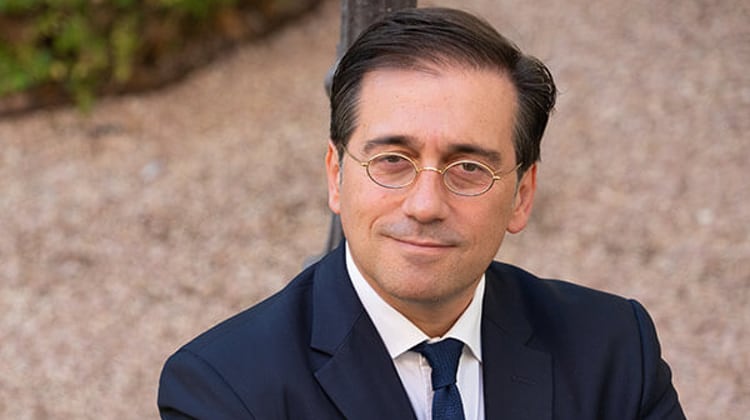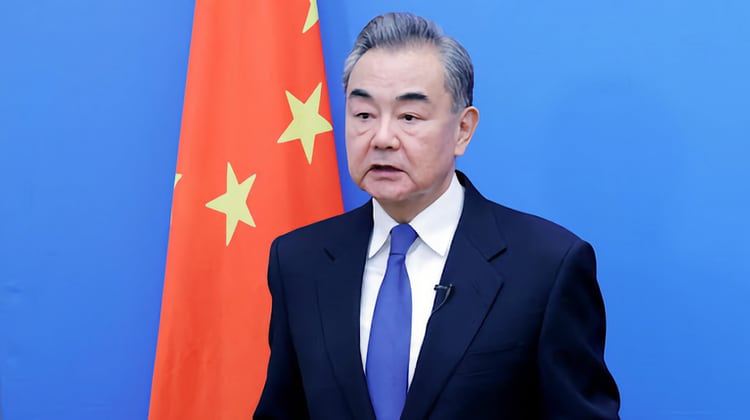Luis Ayllón
The official visit that the Minister of Foreign Affairs, José Manuel Albares, was due to make to Algeria today has been postponed “for reasons of the Algerian agenda”, according to the Spanish Ministry’s Communication Department late yesterday afternoon. Albares’ trip was intended to consolidate the normalisation of political relations and encourage the recovery of economic exchanges, which were affected by the crisis that broke out almost two years ago.
The department headed by Albares has not provided any further details on the postponement, which was communicated by the Algerian authorities mid-afternoon on Sunday and which, according to sources consulted by The Diplomat, indicated that they were unable to keep to the planned programme. No other date has yet been set for the visit, although the foreign ministry insists that there is a desire for it to take place.
The Algerian media close to the government reported in their online editions yesterday that the visit was going to take place, and it was suggested that Albares could be received by the country’s president, Abdelmajid Tebboune. According to some sources, the failure to hold this audience could be the reason for the postponement of the visit, since the minister had hoped to show this gesture as a symbol of a return to normal relations.
The agenda, of which no details were given by the Spanish Foreign Ministry, apparently included a meeting with the Algerian Foreign Minister, Ahmed Attaf, and a meeting with Spanish businessmen with interests in Algeria. The latter are very concerned about the lack of recovery of commercial exchanges, despite the fact that the diplomatic crisis between Spain and Algeria was closed when, last December, Tebboune sent a new ambassador to Madrid.
Abdelfetah Daghmoun arrived in Spain that month to fill the vacancy left by the previous ambassador, Said Moussi, who was recalled for consultations in March 2022, in protest at the change of position on Western Sahara by the government of Pedro Sánchez, who described the Moroccan proposal on the territory as “the most serious, credible and realistic” in order to reach a solution to the dispute.
This was to be the first high-level meeting between the two countries since the diplomatic crisis began almost two years ago, during which Algeria suspended the Friendship, Good Neighbourliness and Cooperation Agreement between the two countries and took measures that greatly hindered bilateral economic relations. In November 2023, on the grounds that Sánchez did not insist in his September speech at the UN on his assertions about Western Sahara, Algeria decided to return to having an ambassador in Madrid. However, the Friendship Treaty remains suspended and progress in economic relations has so far been very small, with the only Algerian gesture being the lifting of the ban on imports of poultry, hatching eggs and red meat from Spain.
Overall, exports to Algeria fell by more than 90 percent in the twenty months of the suspension, and Spanish companies stopped selling goods worth more than 3 billion euros.
In addition to the economic question, another issue that was likely to be present in the talks was the reactivation of the repatriation of illegal Algerian immigrants, which was carried out by boat from Alicante to Oran and from Almeria to Ghazaouet, and which was also suspended by the Algerian government when the diplomatic crisis broke out.
And in the multilateral arena, it was to be expected that the situation in Gaza would be addressed, because Algeria is one of the countries that has shown from the outset a more resolute position of support for the Palestinians and very critical of Israel’s actions, a point on which it coincides with the Spanish government.







